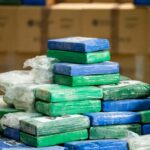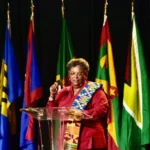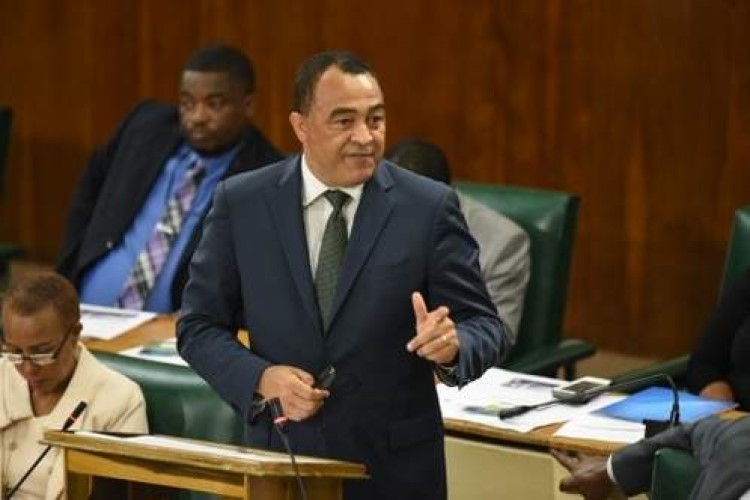(JamaicaObserver)Health Minister Dr Christopher Tufton, speaking during the Ministry of Health’s quarterly press conference in the Corporate Area on Wednesday, said the ministry has identified from laboratory results, as of Monday September 11, a total of 39 positive cases. He said, of that number, 38 were identified as the Dengue Serotype 2, which has not been predominant here since 2010. The strain, in addition to fever, can cause two or more other symptoms of typical dengue infection and can be fatal.
Dr Tufton said further fuelling the concerns is the fact that, of the 39 confirmed cases of the virus, a total of 20 belong in the five-to-14-year-old age grouping.
“Because of the long period since we have identified strain two, the likelihood, particularly of the younger population being at a higher risk, is greater, and so it is also an additional cause for concern, the fact that this is the dominant strain,” the health minister stated.
“Part of the call from the Ministry of Health and Wellness is to encourage parents to treat children who have a fever with paracetamol only and to avoid aspirin and aspirin-like medications such as ibuprofen and diclofenac,” the health minister said.
In the meantime, Dr Tufton said data from the Ministry’s National Surveillance Unit shows that, as of Monday, September 11, there were 316 suspected, presumed and confirmed cases of the mosquito-borne disease. The health minister said this represents an almost fivefold increase when compared to the corresponding period in 2022 which had 65 cases.
And the Health Ministry says that, while all parishes have had cases of dengue reported, confirmed cases were detected in Kingston and St Andrew, St Thomas, St Catherine, Westmoreland, Portland, and St Ann. It said from a population basis, the parishes of St Thomas, Kingston and St Andrew, and St Catherine have been flagged by health authorities as having the highest dengue activities in the island.
According to Dr Tufton, $200 million has been allocated for the removal of bulky waste and drain-cleaning cross-country under an enhanced vector control programme which began in July to stem the possibility of an outbreak later this year. Furthermore, he said inspections have begun in schools and some 500 temporary vector control workers engaged so far and deployed to high-risk communities. He said the number will be increased if the need arises. With respect to fogging activities, he said 60 vehicles are available to facilitate the intensified activities.
Jamaica last had a dengue outbreak in 2019. Up to November 2019 there had been 10,559 notifications of dengue cases with 6,114 of that number classified as suspected, presumed or confirmed. Forty-four deaths were reported.
The Aedes agypti mosquito, which transmits the disease, is endemic to Jamaica. Dengue symptoms include fever, headache, muscle and joint pain, fatigue, nausea, and rash. In a small number of cases, the potentially deadly dengue haemorrhagic fever (DHF) may develop, resulting in internal bleeding, enlargement of the liver, and high fever.










